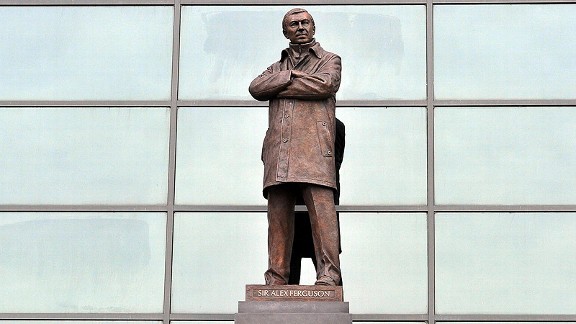In this early period of the team games season, I am often asked how to improve the cohesion of a team especially by the coaches who work in junior teams and and also not professional teams. I make this distinction because among these coaches there is a widespread idea that having little time available, everything that goes beyond the technical work done in the field is unnecessary work, which we do not have time to do, precisely because: “We are not a professional team, where the players are always available.”
This attitude is the motivation that drives many coaches to believe that the players must adapt to their working method and the hierarchies proposed. Physical and technical/tactical preparation are the masters and if someone doesn’t agree, it’s worse for him/her.
Leadership is essentially manifested in the administration of a training program that must be followed without discussion. They start from correct considerations (limited time, reduced economic resources, not optimal hours for training) to arrive at wrong conclusions. Those who do not accept this approach are usually labeled as lazy, unwilling to make sacrifices or presumptuous.
Unfortunately for them, the culture of work and team cohesion are essential factors in a team sport and are not built with this approach. Team performance instead draws its strength from the daily training of the concept of US: the winning performance comes from the integration of the behavior of various players, teaching more players to do different things well, together and at the same time.
Coach has to:
- Encourage participation by listening to the players’ suggestions
- Avoide favouritism
- Reward altruistic behaviour
- Reduce individualistic behaviour
- Assign challenging and achievable goals to each player
- Assign each player a specific role
- Encourage a learning and collaborative training climate
- Stimulate maximum commitment and constantly reinforce it
- Always support the team when it is in negative momentum
- Spend time with athletes to evaluate their commitment to training
- Analyse coldly with the team the results of the matches
The question for coaches is: how much time do you spend developing these performance factors?






